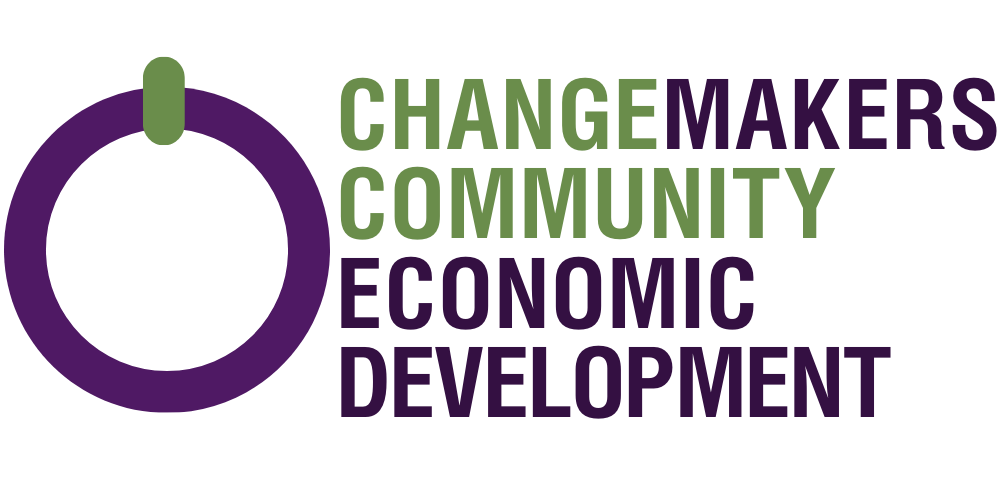ICWA Upheld
In Washington, DC, the U.S. Supreme Court upholds The Indian Child Welfare Act that protects Native American children against removal from their tribal communities for fostering or adoption to non-Natives.
SCOTUS ruled 7-2 that the law does not “impermissibly impose a federal mandate on traditionally state-regulated areas of power.”
In the majority opinion, Justice Amy Coney Barrett writes that “The Constitution does not erect a firewall around family law,” she said. “On the contrary,” she wrote, “we have not hesitated to find conflicting state family law pre-empted” by federal law.
So what does this mean?
It means that the U.S. Supreme Court recognizes that The Indian Child Welfare Act is important in reversing centuries of government-sanctioned efforts to weaken tribal identity by separating Native children from their families, and tribal communities and cultures.
“[The Indian Child Welfare Act] remains a critical part of protecting Native American heritage and tribal sovereignty.”
What is The Indian Child Welfare Act (ICWA)?
The ICWA became law in 1978 because of Native American children were being removed from their homes, some by force, and placed with non-Indian families or institutions, with no ties to the tribes. The law outlined three preferences when placing Native children when adopted or placed in foster care; first is placement with the child’s extended family, second to other members of the tribe, and third members of another tribe.


